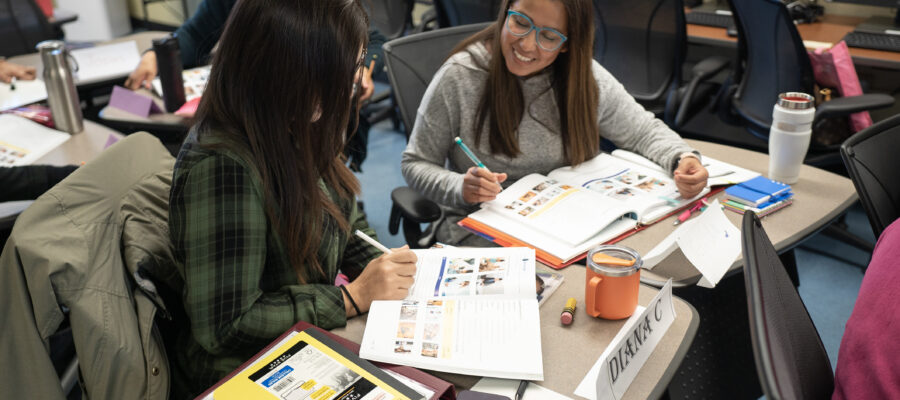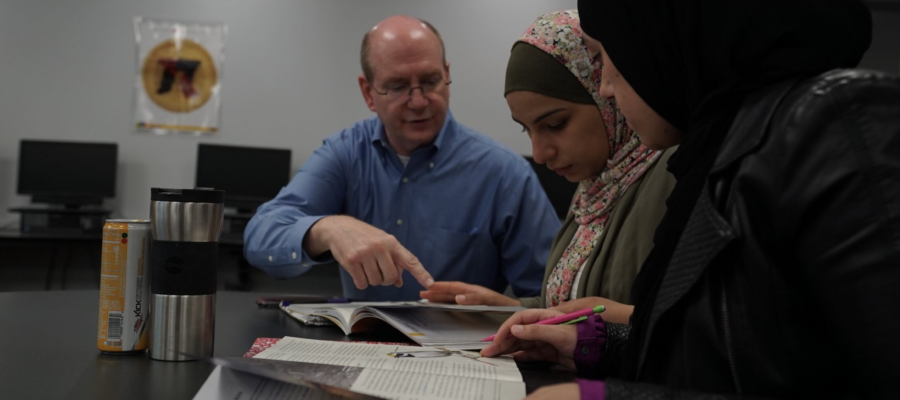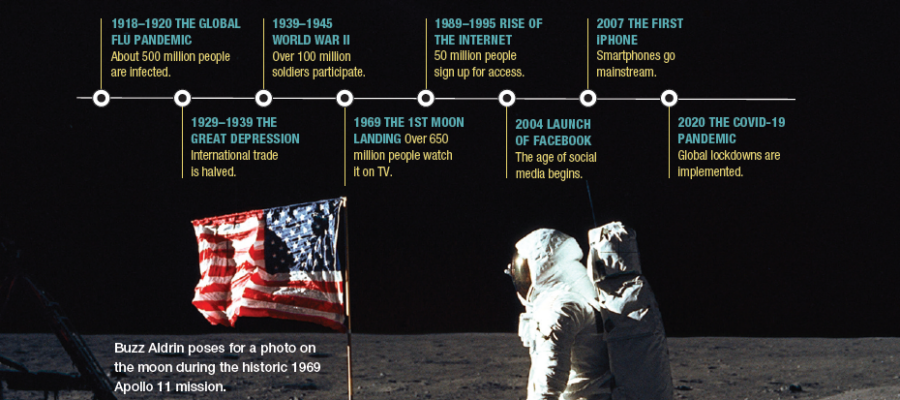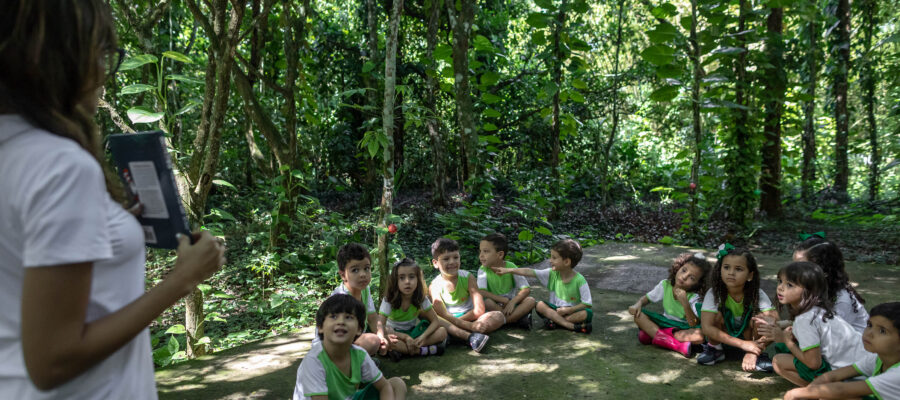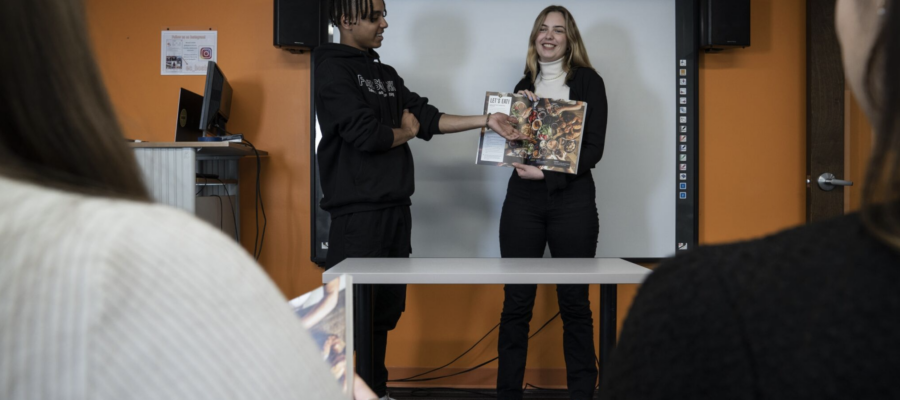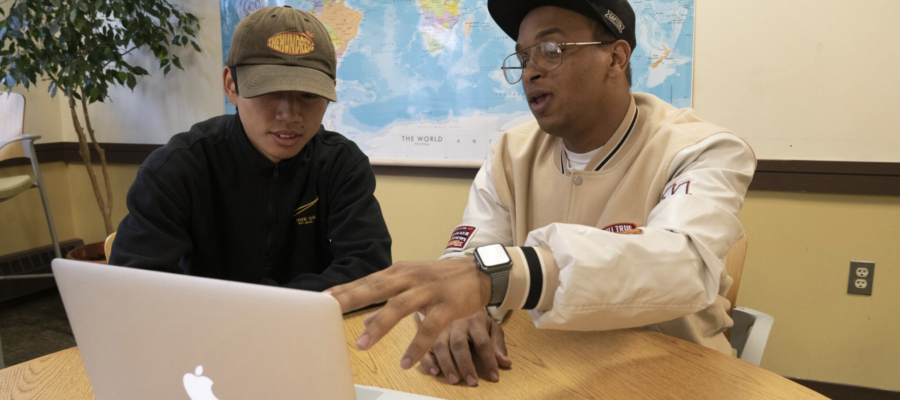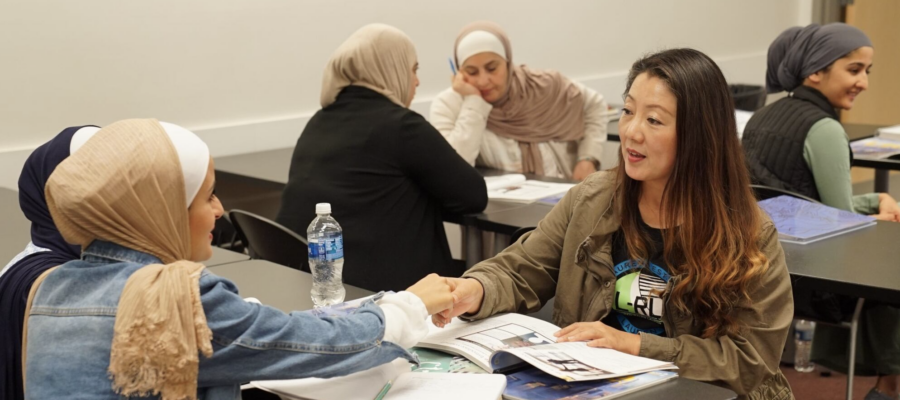Competence, in its general sense, reflects the ability to perform a task successfully, and it is typically comprised of a blend of both innate abilities and learned skills. For English-language learners to show that they are prepared to navigate the complexities of higher education, they must not only demonstrate linguistic
